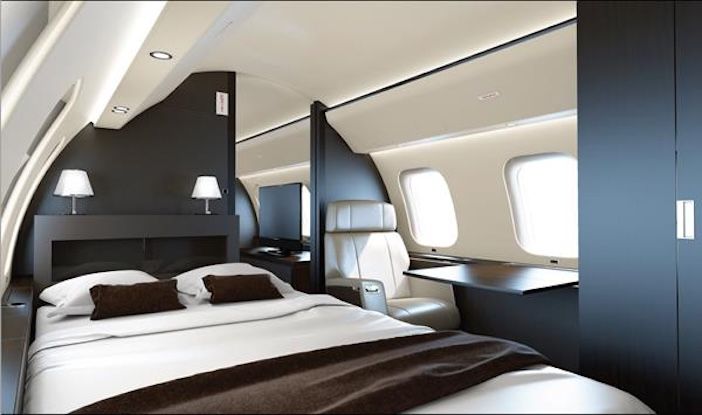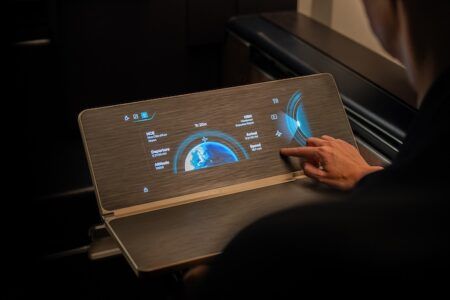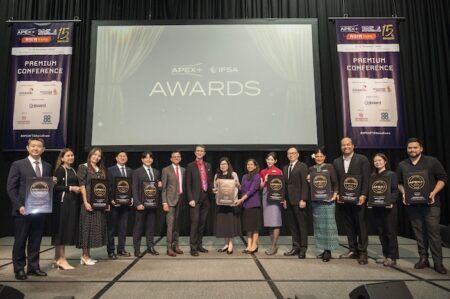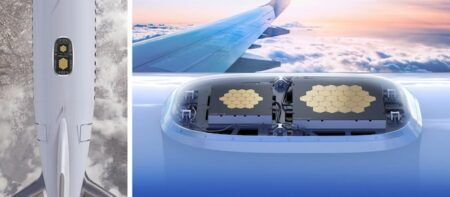VistaJet, the business jet charter company, has developed what it calls the world’s first in-flight sleep programme. Developed specifically for private aviation, in collaboration with longevity specialist Dr Peter Attia, the programme aims to help passengers achieve restful sleep during long-haul flights.
The programme has been brought in as VistaJet has seen a rise in demand for long-distance travel, with more than half of its flights crossing multiple time zones, and thousands of its flights having operated overnight this year. Research by McKinsey highlights the importance of sleep for leadership performance, noting that two-thirds of global executives are dissatisfied with the amount of sleep they get, while 55% are unhappy with its quality.
“Sleep is one of the most undervalued assets in leadership performance,” VistaJet said in a statement. The new service applies principles of recovery, circadian alignment and cognitive optimisation to help passengers arrive refreshed and alert.
Science-driven design
Developed alongside Dr Attia, who is the founder of Early Medical, a health practice focused on preventive health, the VistaJet programme includes tailored sleep menus, whether a customer wants a short nap, a brief rest period, or an extended REM cycle. VistaJet’s in-house nutritionist and specially trained cabin crew support the experience, which spans pre-, mid- and post-sleep phases.
Before rest, the aircraft cabins are prepared to match each passenger’s preferred schedule, with adjustments made to the temperature, lighting and sound to encourage the release of melatonin. During sleep, the hypoallergenic bedding and controlled cabin conditions are designed to maintain deep, uninterrupted rest. After waking, the cabin lighting is gradually adjusted to simulate natural daylight, while hydrating drinks and nutrient-rich meals help restore alertness and physical recovery. Services extend to families, children, and even pets.

Nap on the Global 7500
The sleep programme is available on VistaJet’s Bombardier Global 7500 aircraft, which can fly up to 17 hours non-stop. Features include reduced cabin pressure equivalent to 4,000 feet altitude, permanent bed setups, and a quietened environment. The Soleil lighting system offers dynamic daylight simulation to help synchronise passengers’ circadian rhythms with their destination time zone, reducing jet lag.
Sleep tourism on the rise
VistaJet’s sleep programme reflects a broader trend in travel. Sleep-focused experiences are gaining traction, with 63% of travellers reporting they have worse sleep away from home unless the conditions are optimised. The global ‘sleep tourism’ market is projected to grow from US$74.5 billion in 2024, to $149 billion by 2030. VisitScotland recently named sleep tourism the leading wellness travel trend for 2025, signalling a shift towards restorative travel.
VistaJet cites surveys that have indicated that travellers are willing to pay more for better rest, with 91% of frequent flyers saying they would spend up to 10% extra for sleep-enhancing features. As demand grows, the aviation sectors are responding is positioning sleep as a key part of a premium travel experience.





